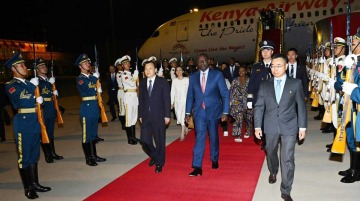China’s engagement in Africa in the modern era is undergoing an important transition as the central government in Beijing, once the exclusive driver of this relationship, is stepping back to cede more space to provincial, municipal, and other so-called “sub-national actors” to facilitate trade and pioneer new policy innovations. The growing diversity of Chinese stakeholders in Africa, especially from some of China’s provinces, is a trend that’s been developing for several years now but still remains poorly understood by most outside observers.










